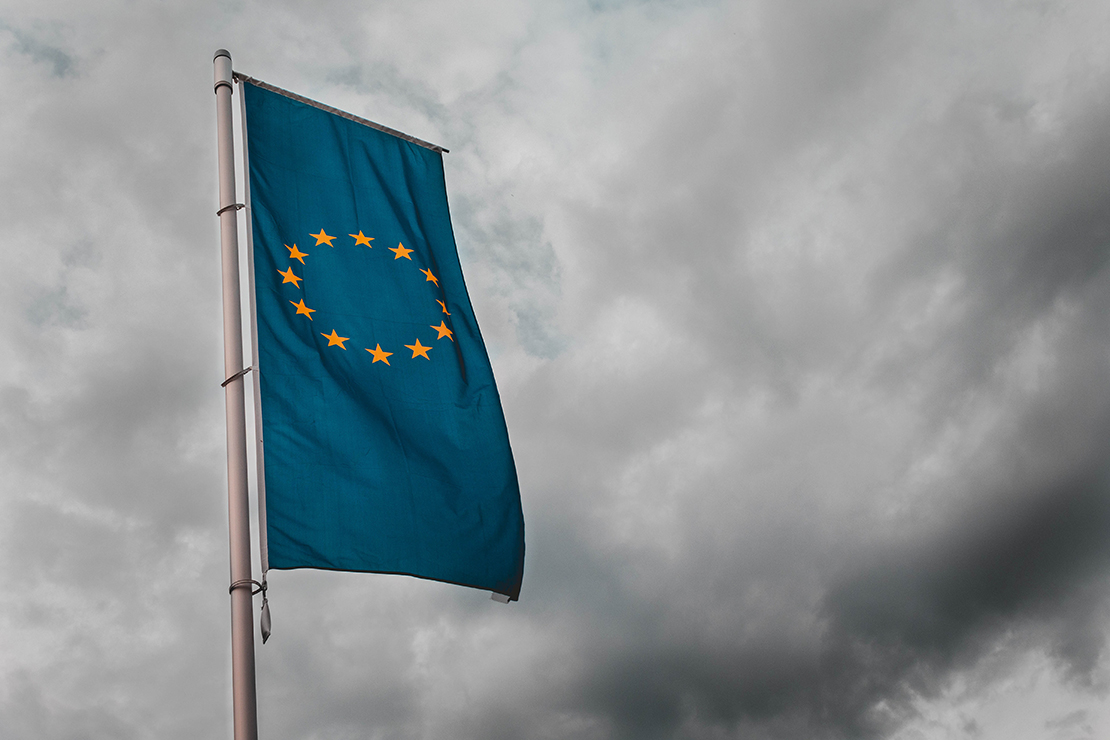The Western Balkans’ Bumpy Quest for EU Integration – Regional Analysis 2016 Comparative Overview
December 13, 2017
Authors

Albana Rexha
public policy, EU Integration, good governance, public administration, anti-corruptionIn 2016 the TEN network provided a structured, comprehensive and objective analysis of the European Commission (EC) country reports for the first time for all the Western Balkan (WB) countries. This analysis enabled the comparison of the grading system and EC assessment of all the accession criteria/chapters of the country reports. At the same time, this independent overview contributed to public awareness of where each WB country stands in the process of EU integration. Building upon this effort, one of the aims of the BENCHER Project is to deepen this analysis further, providing a more critical review of the EC assessments, based on the lessons learned. Furthermore, this year’s analysis dedicates a special focus to the recommendations provided by the EC in the 2015 and 2016 country reports, assessing the degree to which they were considered and implemented by each country. Moreover, the analysis provides a comparison between the 2015 and 2016 EC reports, noting the differences and similarities. The goal in this respect is to establish a base assessment of trends and common issues and to identify the degree to which change has been achieved over time. Moreover, an added value of this analysis is the fact that it continues the process of evaluation during the gap between the last EC report and the one that is due next, in spring 2018. This analysis is based on the contribution and findings of the separate country analyses made by the project partners, produced within the BENCHER project. In order to produce this report, we have also analyzed the documents contained in the enlargement package of DG Neighborhood and Enlargement Negotiations and conducted a thematic analysis of the statements of the Commissioner regarding each country as well as the statements of the heads of state and key political leaders within the WB countries. In addition, we have provided a critical note from a CSO’s standpoint as watchdogs of both the governments and the EU institutions. Last but not least, with this analysis we aim to provide recommendations to the EU, for improving the monitoring mechanisms. Moreover, the country analyses, produced by each project partner provide recommendations to the national Governments, regarding the short and long term implementation of the EC recommendations.
To access the report, please click Kosovo , Macedonia, Albania, Serbia, Bosnia and Herzegovina, Montenegro and the Comparative Regional Overview.
To access the infographics, please click here.
The Western Balkans’ Bumpy Quest for EU Integration – Regional Analysis 2016 Comparative Overview

 Download PDF
13/12/2017
Download PDF
13/12/2017Share article
Latest Publications
April 24, 2024
Policy Analysis
Tracking Kosovo's Commitment: Monitoring Adherence to the Venice Commission Rule of Law Checklist in ...
April 8, 2024
Policy Analysis
Reflecting on the Third Year of Kurti II: Setbacks and Achievements in Rule of Law, Public Administr ...
March 22, 2024
Policy Analysis
Lost, “in the Twilight Zone” Rebutting the Court’s Blunder
Related Espresso Insights
March 4, 2024
Espresso.Insights
Passport Hangover: What’s next after Spain’s Kosovo breakthrough?

January 16, 2023
Espresso.Insights
Recognized but not supported: Hungary's stance on Kosovo's EU bid




